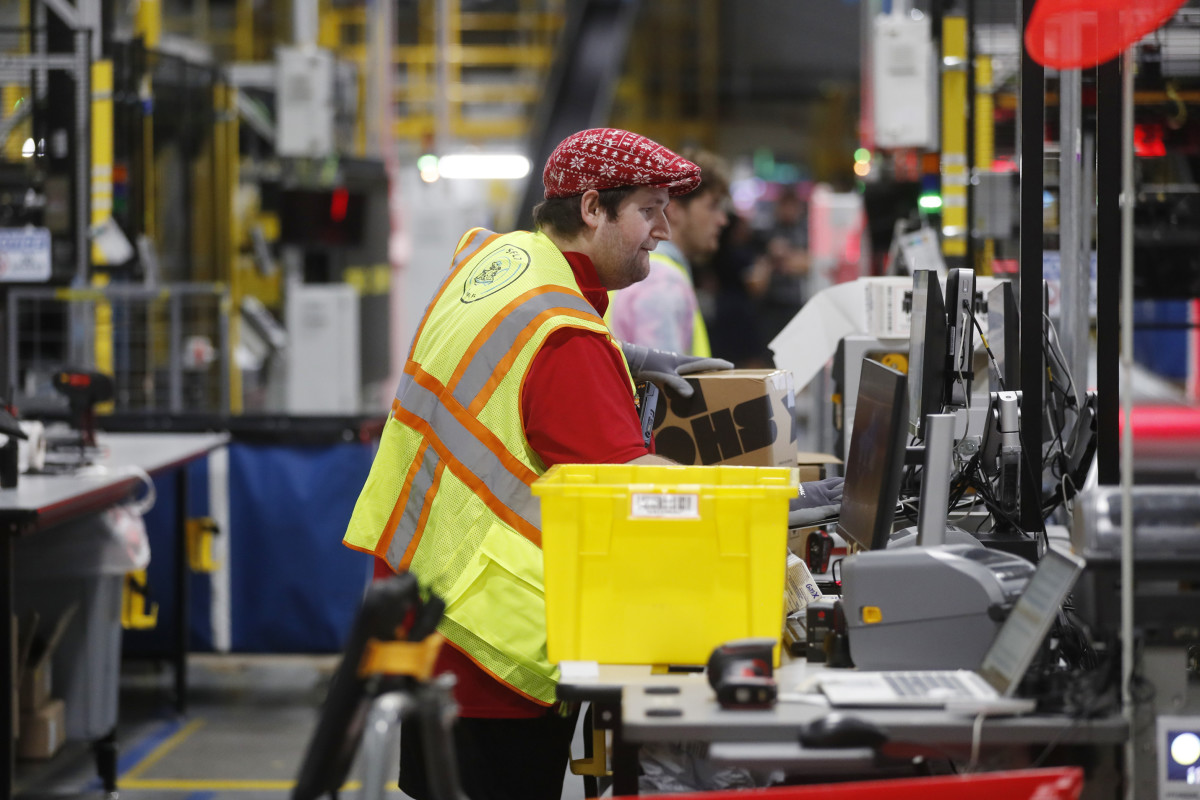
Sleep is one thing most humans can agree on that is extremely valuable to health. But there may not be a consensus as to just how important sleep is — and what parts of it are valuable.
Kristen Holmes, Whoop's vice president of performance, principal scientist, spoke on the podcast "The Diary of a CEO" posted on Jan. 4. Speaking to host Steven Bartlett, Holmes harped on the importance of sleep, and in particular, the importance of "sleep-wake timing, which is what time someone falls asleep and wakes up.
"Sleep-wake timing, I think, is the mother of all performance optimization behavior," Holmes said.
Related: ADP jobs report shows surprise December hiring boost and tepid wage gains
Holmes talked about a study done with 1,000 paratroopers in Elmnedorf, Alaska that her team at Whoop — a health and fitness brand known for its sports brands — conducted because the team was facing a lot of mental health issues. She explained that the study found that sleep wake timing was one of there was one behavior that was "the most predictive of positive psychological functioning," and that was sleep wake timing.
"The more consistent and more stable the sleep wake — the sleep onset and offset — of these soldiers, the higher levels of positive psychological functioning," Holmes said.
She said these positive functions include workplace resilience, less homesickness, and more positive social networks.
Holmes cited several more studies about the value of sleep and sleep wake timing throughout the nearly two-hour podcast — including the benefits of exercise and sex to health and sleep — but one of the most striking things she spoke about was the downsides of being a "shift worker."
Related: November job growth in the U.S. was limited to just three major sectors
Bartlett clarified that shift workers were not just warehouse workers, but could include health care and emergency care workers. Holmes defined it as "anyone who's up for more than two hours between the hours of 10 p.m. to 4 a.m.
"We know those folks are, on average, going to die 15 years sooner," Holmes said. "Shift work is considered a carcinogen by the World Health Organization."
Holmes explained that a lot of the work she does is learn how to "offset" the negative health effects of shift work.
"Really thinking about when we're eating protein, when we're viewing light, what's the cadence of on-off so we minimize the disruption to circadian rhythms," Holmes said. "It is frightening, and there is a lot of work to understand how we can mitigate some of the negative effects. It's a tough problem to solve."
Discuss trade ideas with Hedge Fund Managers and experienced Day Traders. Get Real Money Pro now.







